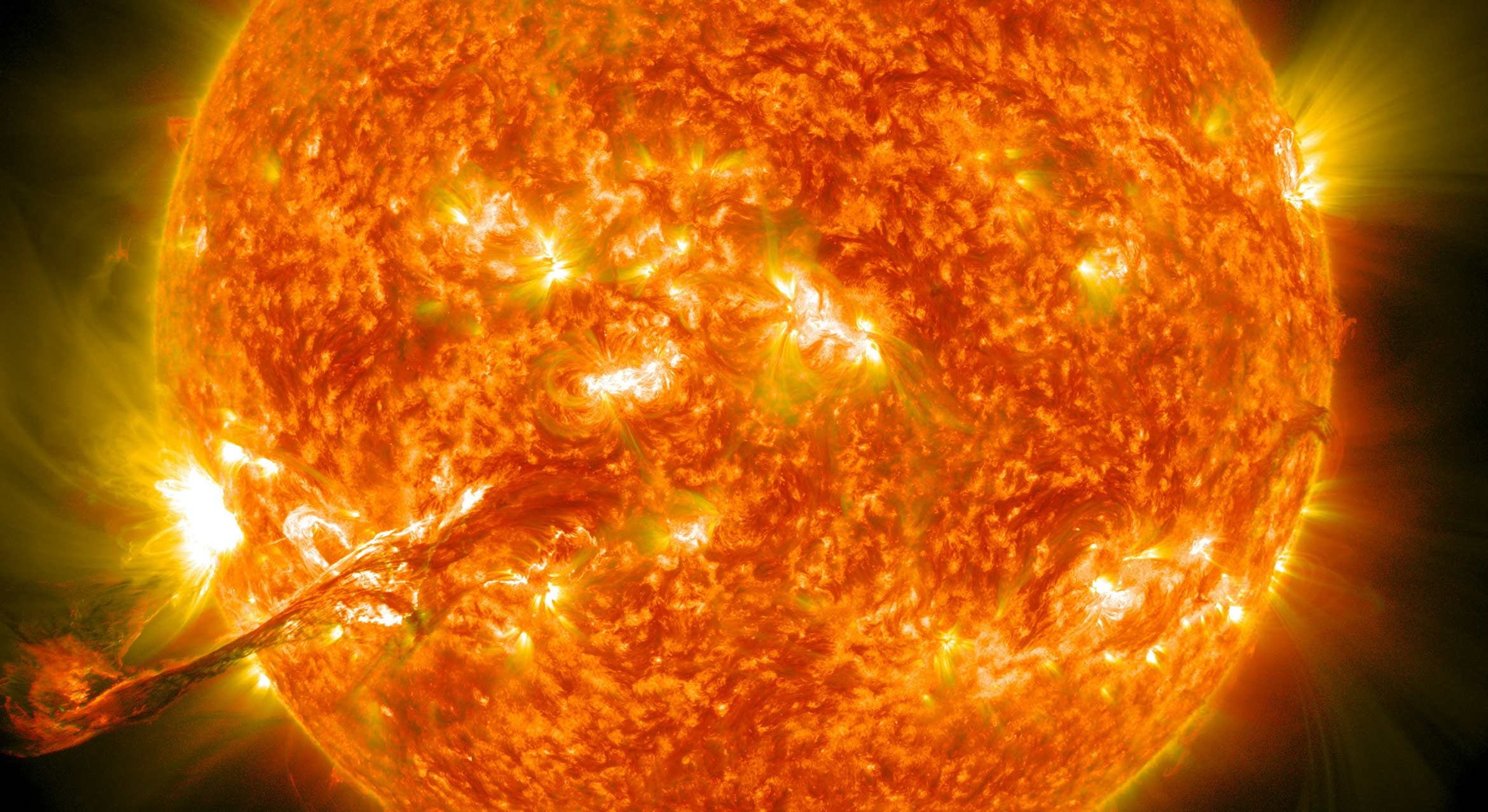UC Santa Barbara has received two gifts totaling more than $317,000 from Harry Lucas, Jr., chair of the Educational Advancement Foundation, to renew his support for the Center for Mathematical Inquiry (CMI) in the Department of Mathematics.
The CMI is one of five inquiry-based learning projects established by Lucas and his foundation at major research universities to improve mathematics education.
The UCSB center is engaged in teacher education and research on inquiry-based learning practices in K-12 and university mathematics classes.
At UCSB, it offers mathematics courses for first-year undergraduates, upper-division math majors, and prospective teachers, as well as postdoctoral training.
Inquiry learning is a form of active learning that emphasizes discovery, analysis, and investigation to deepen understanding of the material and its applications.
Progress is assessed by how well students develop experimental and analytical skills.
Students learn through guided exploration with the help of experienced instructors, rather than through lectures.
"The renewed support from Mr. Lucas will ensure the continued development of a research base that examines teaching and learning through inquiry-based practices," said Bill Jacob, UCSB professor of mathematics and director of the center.
"We are learning more about how ideas develop in learners."
This summer, in collaboration with the Teacher Education Program in UCSB's Gevirtz Graduate School of Education, the CMI will offer inquiry-based mathematics classes for K-6 students and workshops for schoolteachers at Harding University Partnership School in Santa Barbara.
Since 2004, the UCSB center has received nearly $1.5 million from Lucas and the Educational Advancement Foundation to support its work.
Other inquiry-based learning projects are located at Harvard University, the University of Michigan, the University of Chicago, and the University of Texas at Austin.
Lucas and his foundation support the development and implementation of inquiry-based learning at all educational levels, particularly in the fields of mathematics and science.



